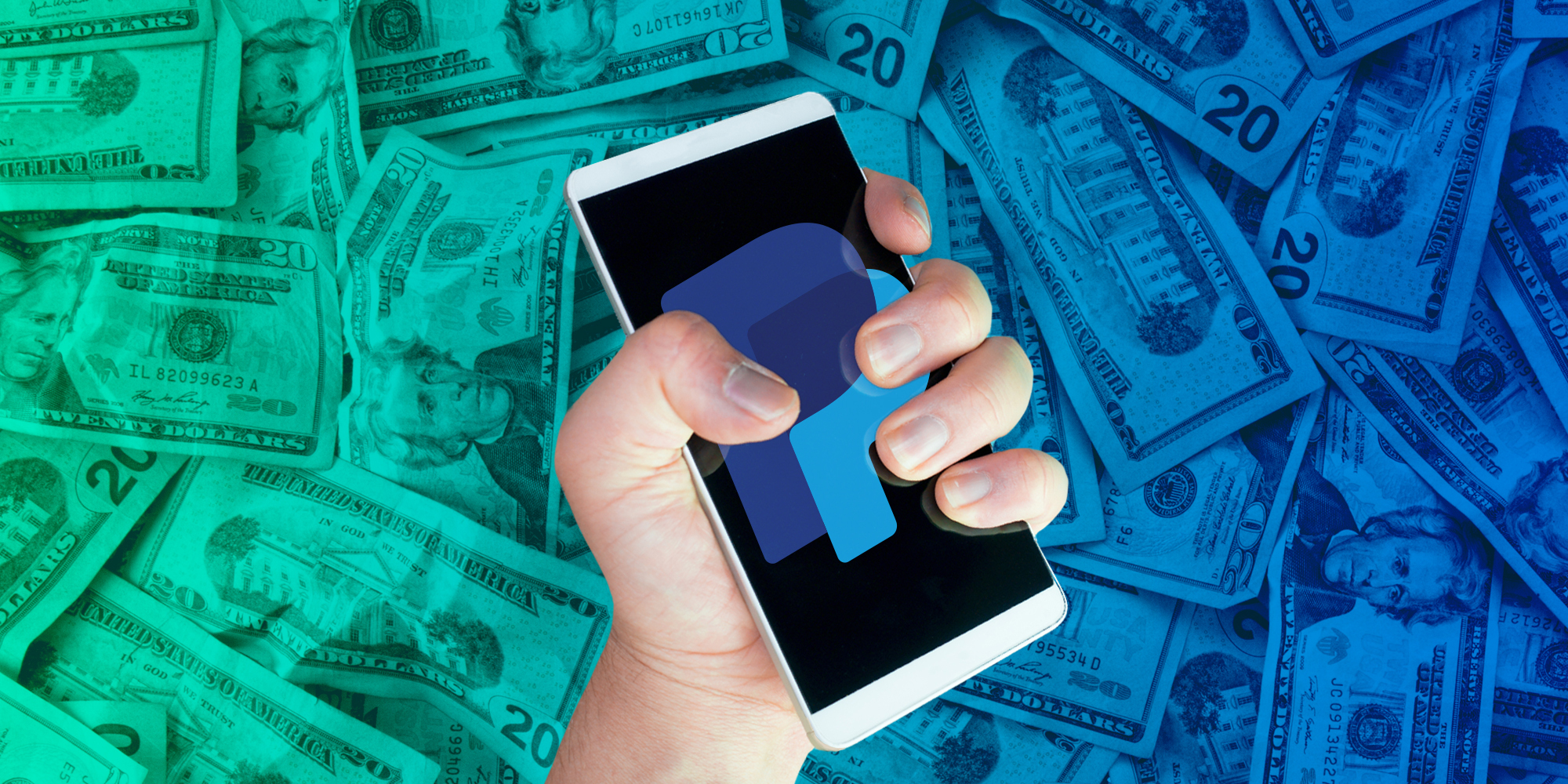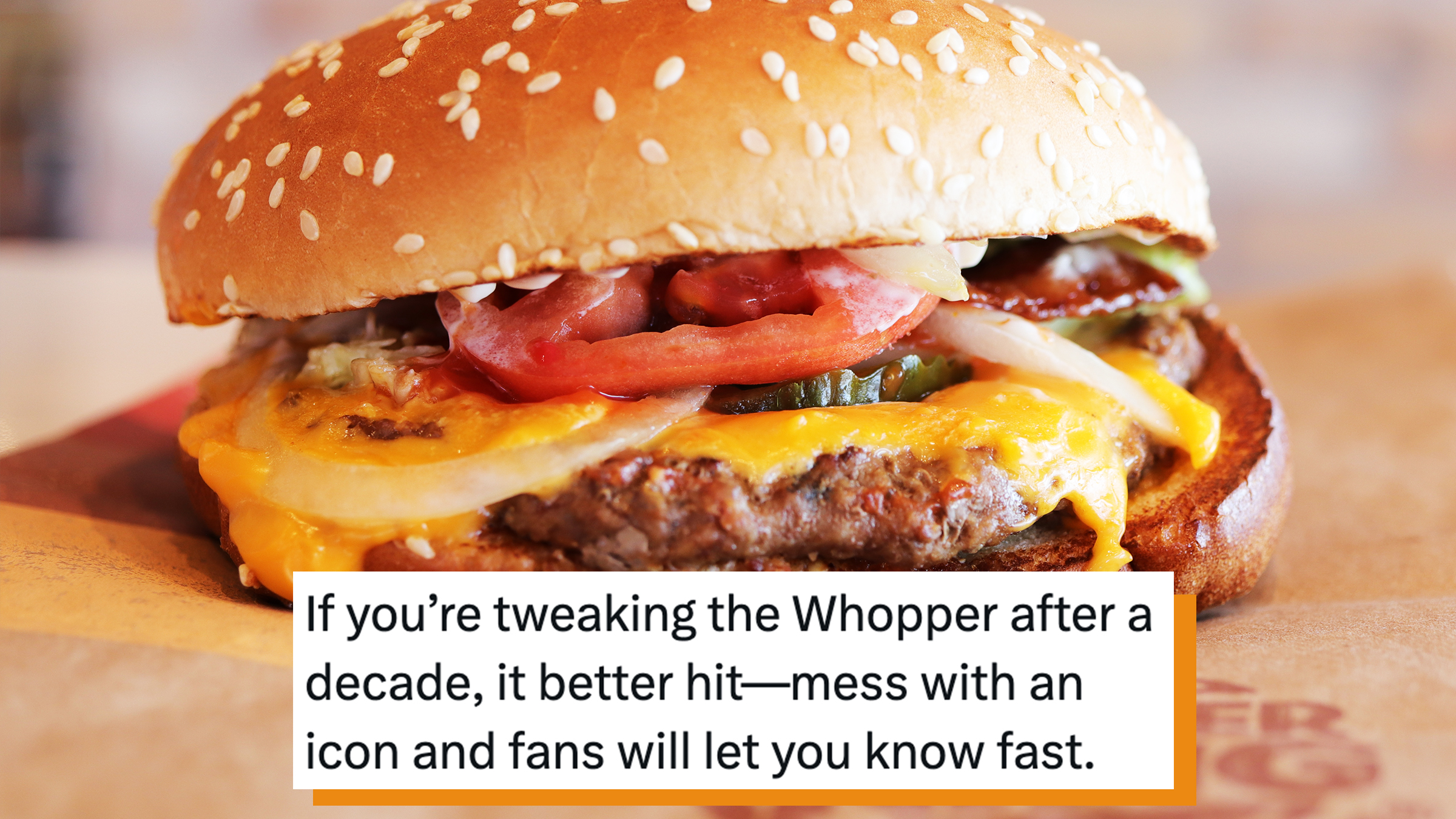Michael Weinrub didn’t think twice about integrating PayPal into FastPings, his internet services company supporting Minecraft players, when he set it up in 2008.
“PayPal was the only option,” Weinrub said. “It was either set up a credit card terminal, or use PayPal—and everyone wanted PayPal.”
So he set up PayPal, which is right when the problems started. Soon, he started ramping up a new product offering for players. It generated almost $300,000 a month in revenue.
“The whole business model was that we had to pay the bills to host this service,” he said. FastPings grew exponentially. And within two months, PayPal cracked down.
“They decided that we were making too much money, and started freezing all of our funds for six months at a time,” he said. Weinrub and his staff were calling PayPal daily to try and understand why they had locked up the company’s cash and how they could get it. They didn’t get far. “They did it for every single transaction going forward,” he said. For nearly nine months, big or small, FastPings’ account would throw up an issue whenever it received a payment.
In order to unlock the cash, FastPings needed to provide evidence that the transaction had taken place. And to do that, PayPal asked for a tracking number to show proof of delivery.
There was just one problem: FastPings wasn’t delivering goods. It was providing services. “We told them it was a service that was instantly delivered, and doesn’t need a FedEx tracking number. They basically told us they were never going to unlock the funds.”
The constant cash freezes had a significant impact on Weinrub’s business. “We couldn’t use it to invest in our infrastructure, which was powering the services we would sell,” he said. The challenges stunted the company’s growth and was never fully resolved. Instead, they chose to accept Bitcoin as payment, providing a discount to entice people to use it. The debacle was a massive challenge, according to Weinrub. “It basically nearly bankrupted us. We couldn’t pay bills for a few months.”
The reason Weinrub felt willing to tell his story, more than 10 years after it happened, was because he saw it happening again elsewhere.
He contacted the Daily Dot after reading about a company that saw cash for its fulfilled orders held hostage by PayPal—the latest in a long list of those who have fallen foul of the company’s overly stringent, inflexible policies.
The issues with PayPal don’t stop at Flipper Devices, which saw $1.3 million in paid orders for its penetration testing device, the Flipper Zero, held up for months as the payments processor asked the company to provide ever more abstract levels of documentation to prove it should have access to its own funds.
Nor did they start there: PayPal’s history is littered with examples of the company stepping in to freeze accounts over what look like minor infractions or totally innocuous reasons that are impossible to justify. Those affected range from FastPings and Weinrub to one of the key players in early internet gross-out site Something Awful, who in 2005 saw $30,000 of donations for the victims of Hurricane Katrina locked up unless they could provide “proof of delivery” for a charitable donation.
Earlier this year, a similar crowdfunded Kickstarter campaign for the Turing Pi—which claims to be “Lego for decentralized infrastructure”—was held up for nearly a year after PayPal froze its funds. It took going public on social media after a year of inaction for PayPal to lift the block, which they undid in a single day.
There are scores of companies and individuals that claim PayPal incorrectly put blocks on their account, or limited or slowed down their access to cash held by the service, for reasons that they can’t imagine. Most recently, the site attracted the ire of U.K. professional polemicist Toby Young, a former journalist and founder of the Free Speech Union, who saw his accounts frozen for what’s believed to be spreading COVID-19 misinformation to his followers on other platforms.
That decision was overturned this week by PayPal after a huge public outcry, including U.K. parliamentarians writing two open letters to the company asking them to change course and alleging that it levys “private economic sanctions” against individuals and groups it disagree with.
It’s indicative of PayPal—and just what those who fall on the wrong side of the company face. But why it happens is up for debate.
The company itself would have you believe that the travails Flipper Devices, Something Awful, Turing Pi, the Free Speech Union, and FastPings face is a serious of unrelated bugs—an error in the way PayPal works that causes it to hold up cash in error.
Those who befall the fate of being in PayPal’s bad books think that far from being a bug, it’s a feature.
“We got to the point where we were basically convinced PayPal was doing these things, hiding under their policy of risk, then basically locking these funds and making money off people,” Weinrub said. At one point, Weinrub claims he went to the company alleging that. “They got very skittish talking to us,” he said.
Other class action lawsuits alleging the same thing have been filed against PayPal over the years, including one from earlier this year.
It’s not just businesses that are affected. Individuals are too. Ryan Burch is the director of IT operations at the International Association of Better Business Bureaus. He too got in touch after seeing the Daily Dot’s coverage of Flipper Zero’s issues with PayPal, because it reminded him of his own troubles accessing cash through PayPal.
Over the course of his 20-year career, Burch collected a range of IT equipment that took up space in his home. He wanted to clear his closet, so used eBay to list some of his extraneous equipment.
He sold a series of items, leaving the money to pool in his account over the course of a few months. He ended up with around $4,500—and tried to withdraw it using a direct transfer. Before he hit proceed, Burch received a notification that actioning the payment through electronic transfer would take five to seven business days. “I’ve worked in the IT and financial industry for many years previously,” he said. “I know how [Automated Clearing House] works. I was really confused as to why it would take PayPal seven days to process that.”
Burch began researching and found websites that claim PayPal holds the money in escrow for 48 hours before releasing it to the recipient's bank—something that Burch claims is done to collect interest as a “bonus” when closing out a balance.
He’d end up wishing that it only took seven days.
Shortly after, Burch’s account was placed under review: PayPal needed him to prove his identity—which he’d already done, and invoices or receipts for every piece of hardware he sold on eBay to prove he owned it. “It was an impossible task,” he added. “There’s no way I could provide receipts.”
In the end, Burch provided explanations, not documentation, for how he came to possess the items he sold, which PayPal took and approved. He eventually got his money in March 2022, more than a year after he first listed the items for sale.
“They earn interest on every dollar they keep in their accounts,” Burch said, claiming that the company is holding cash “hostage” to gain interest.
Nathen Mazri feels the same way. He’s a businessman who runs GarfieldEATS, a fast food restaurant that possesses the official food license to the Garfield brand (yes, that Garfield). Mazri was sent $10,000 in funds to help establish the restaurant that he claimed was held up by PayPal without justification. Mazri said that PayPal’s handling of his case was unusual compared to a traditional bank, which would release funds following the successful answering of security questions. “That’s how we investigate and secure money,” he said. “Not hold hard working people's money.”
A PayPal spokesperson told the Daily Dot: “PayPal is committed to the highest levels of risk management and compliance, and our decision on account holds, limitations or other actions may be based on the management of risk, in order to protect both buyers and sellers. We understand the impact account holds may have and take this process very seriously.”
The company declined to comment on specific allegations, including those made by Burch and others that withholding funds in order to profit from interest is inherent in the company’s business model.
Whether the amounts are large or small, they’re often lifelines to those affected who fall outside PayPal’s unknowable rules.
“When I was doing my research, I felt kind of silly because some of the people I was coming across were talking about several hundred thousand dollars being held hostage by PayPal,” said Burch. “Here I am crying about my $4,500. But money is money.”







